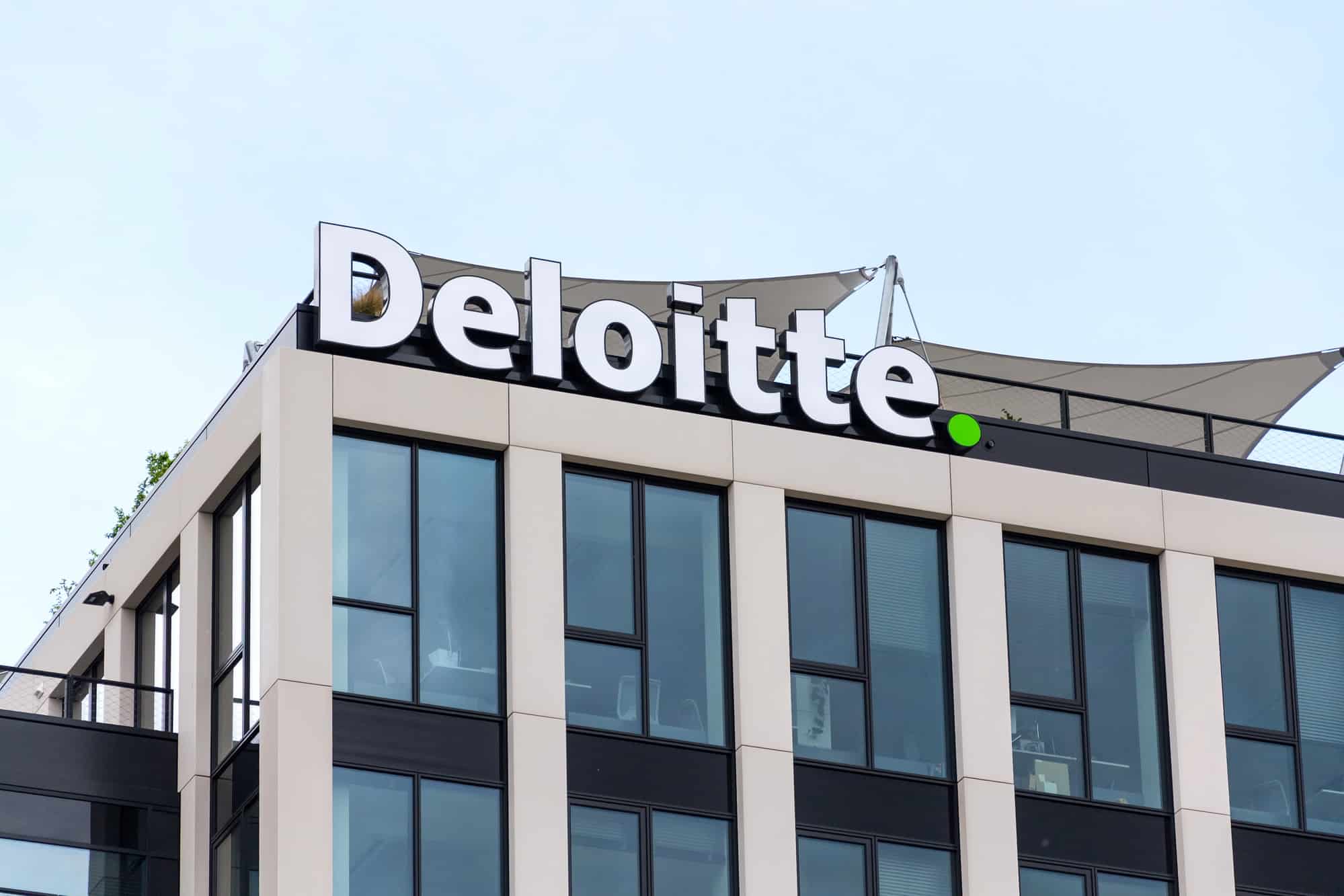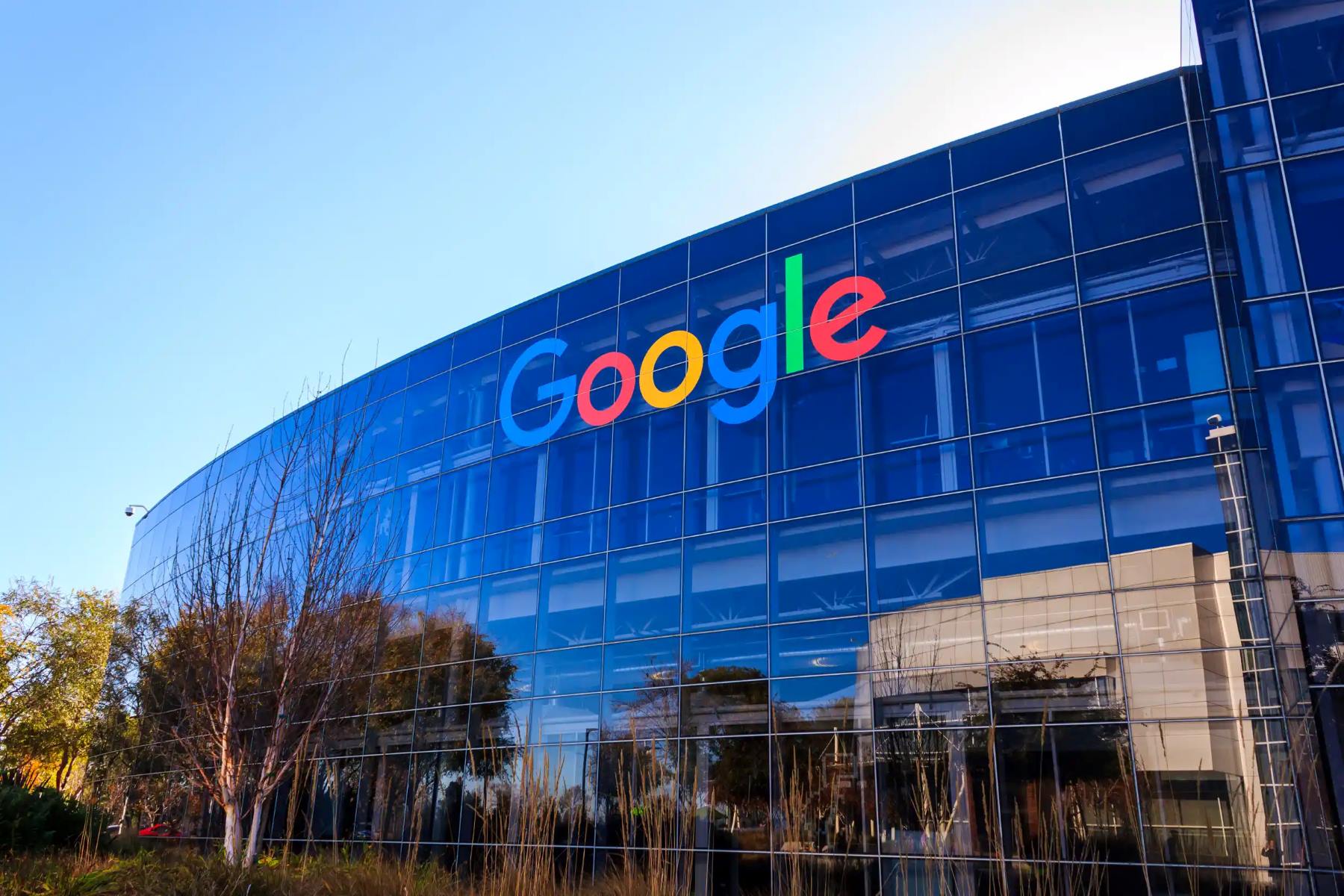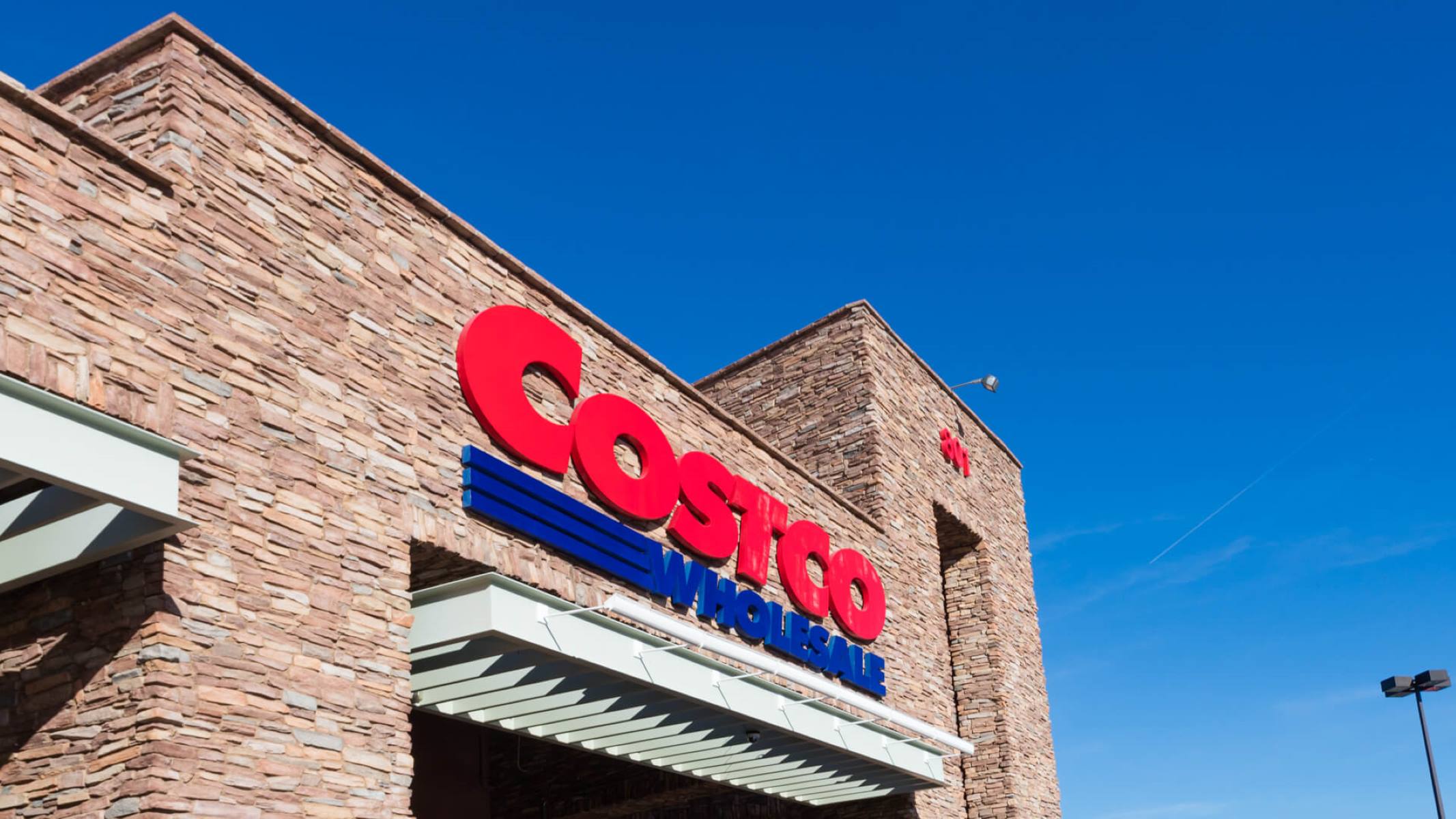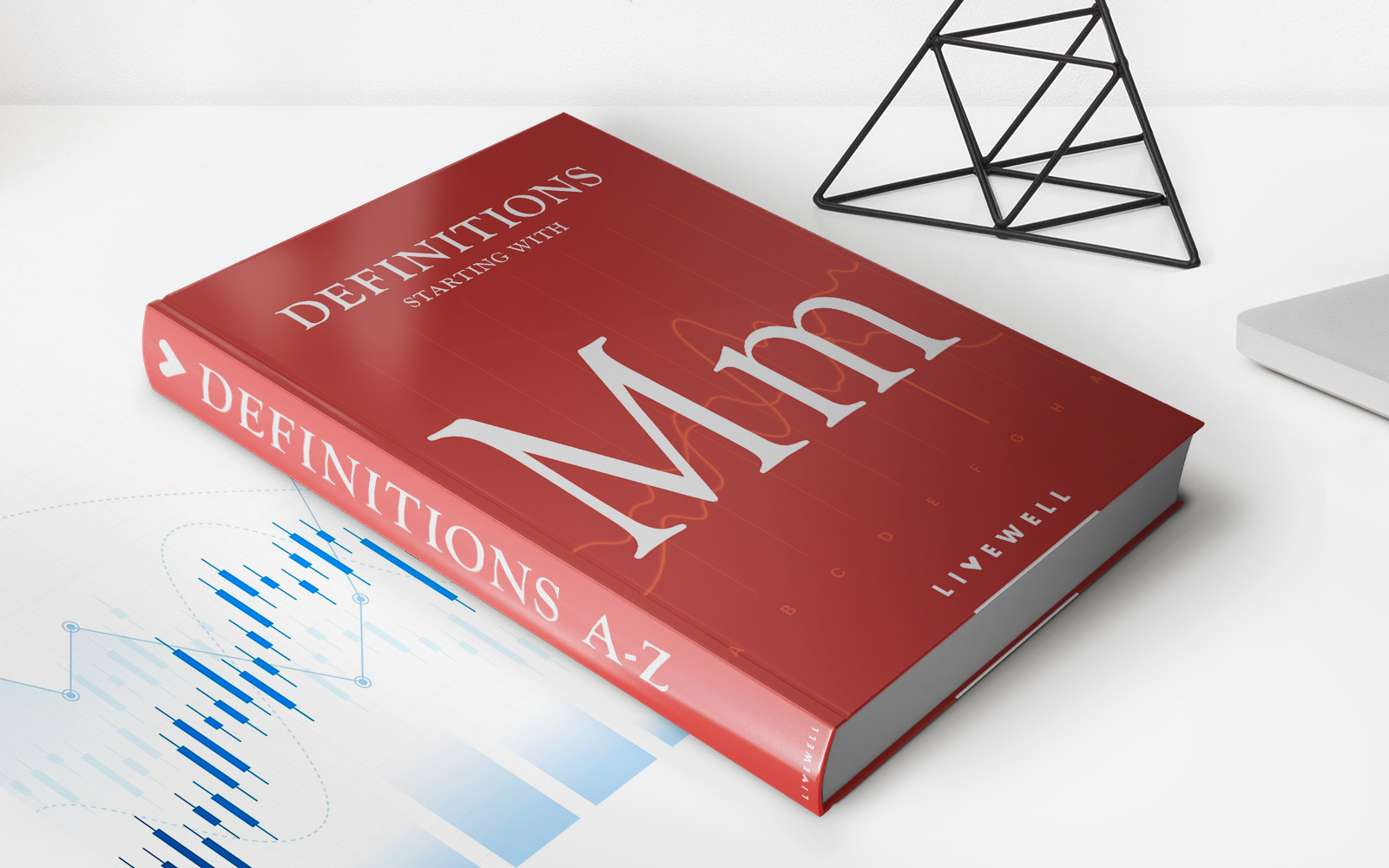

Finance
Why Is Deloitte 401K Match So Low
Published: October 18, 2023
Find out why the Deloitte 401K match is surprisingly low compared to other companies in the finance industry, and what it means for your financial future.
(Many of the links in this article redirect to a specific reviewed product. Your purchase of these products through affiliate links helps to generate commission for LiveWell, at no extra cost. Learn more)
Table of Contents
- Introduction
- Explanation of 401(k) and Employer Match
- Overview of Deloitte’s 401(k) Match
- Factors Influencing Deloitte’s Low 401(k) Match
- Comparison with Competitors
- Employee Perspectives on Deloitte’s 401(k) Match
- Possible Implications for Employees
- Suggestions for Improving Deloitte’s 401(k) Match
- Conclusion
Introduction
401(k) retirement plans have become a significant part of an employee’s financial planning, providing a means to save and invest for retirement. One key aspect of 401(k) plans is the employer match, which is essentially free money that employers contribute to an employee’s retirement account. However, there has been some discussion surrounding the low 401(k) match provided by Deloitte, a prominent global professional services firm.
A 401(k) match is an employer’s way of incentivizing their employees to save for retirement by matching a portion of the employee’s contributions to their retirement account. This match can vary widely across different companies, usually expressed as a percentage of the employee’s salary or contribution. While it is not uncommon for companies to provide a lower match, Deloitte’s match has raised eyebrows in the industry.
Deloitte, like many other companies, is focused on managing costs and maximizing profitability. As such, they may opt for a lower 401(k) match as a way to allocate resources strategically. However, this decision may affect employee satisfaction and impact their long-term financial well-being.
In this article, we will delve into the factors that may contribute to Deloitte’s low 401(k) match and examine how it compares to its competitors in the industry. Additionally, we will explore the perspectives of Deloitte’s employees regarding this issue and discuss the potential implications on their financial future. Finally, we will provide some suggestions on how Deloitte could improve their 401(k) match to better support their employees’ retirement goals.
Explanation of 401(k) and Employer Match
Before diving into Deloitte’s 401(k) match, let’s first understand the basics of a 401(k) plan and how the employer match works.
A 401(k) plan is a retirement savings account sponsored by an employer that allows employees to contribute a portion of their pre-tax salary to the account. These contributions grow tax-deferred, meaning that the investments in the account can grow without being subject to taxes until the funds are withdrawn during retirement.
One of the attractive features of a 401(k) plan is the employer match. An employer match is when the employer contributes a percentage of the employee’s salary or the employee’s own contributions to their 401(k) account. This employer match is essentially free money added to the employee’s retirement savings.
The employer match can vary based on several factors, such as the company’s financial resources, industry norms, and the company’s overall retirement benefits strategy. Generally, companies may match anywhere from 3% to 6% of an employee’s salary, although some companies may offer a higher percentage or even provide a dollar-for-dollar match.
The purpose of the employer match is to incentivize employees to participate in the 401(k) plan and save for their retirement. It provides an additional financial boost to the employee’s retirement savings and helps employees reach their retirement goals faster.
It’s important to note that employer matches often have limitations, such as a maximum percentage of the employee’s salary that will be matched or a vesting period. The vesting period refers to the amount of time an employee needs to stay with the company in order to fully own the employer match. If an employee leaves the company before the vesting period is complete, they may forfeit a portion of the employer match.
Understanding the mechanics and benefits of a 401(k) plan and the employer match is crucial for employees when evaluating their retirement savings options and selecting the right employer. It allows individuals to make informed decisions about their financial future and assess the potential impact of a company’s 401(k) match on their overall retirement income.
Overview of Deloitte’s 401(k) Match
When it comes to Deloitte’s 401(k) match, the firm has been known to offer a relatively lower match compared to some of its competitors. While Deloitte’s specific match policy may vary depending on factors such as employee tenure and rank, the general consensus is that their match is on the lower end of the spectrum.
Deloitte’s current 401(k) match policy typically involves a matching contribution of 25% of an employee’s eligible salary deferrals, up to a certain percentage of the employee’s compensation. This means that if an employee contributes 4% of their salary to their 401(k) account, Deloitte will match 1% of the employee’s eligible salary deferrals. However, it’s important to note that specific details about the match may vary and employees should refer to their plan documents or speak with their HR representatives for accurate and up-to-date information.
Compared to many other companies in the industry, Deloitte’s 401(k) match falls on the lower end of the spectrum. While there is no industry-wide standard for 401(k) matches, it is not uncommon to see companies matching contributions at a higher percentage or even offering a dollar-for-dollar match. This lower match rate can be a disappointment for Deloitte employees who may be looking to maximize their retirement savings.
In addition to the lower match percentage, Deloitte also has a vesting schedule that determines how much of the employer match an employee is entitled to keep if they leave the company before a certain period. This means that even if employees receive a match, they may not be fully vested in those funds until they have completed a designated number of years of service. The vesting schedule can vary, but commonly, employees become fully vested in their employer match after three to five years.
It’s important for Deloitte employees to carefully evaluate the firm’s 401(k) match policy and consider how it aligns with their retirement savings goals. While a lower match may not necessarily be a deal-breaker, it’s crucial for employees to be proactive in their retirement planning and explore additional strategies to supplement their savings.
Factors Influencing Deloitte’s Low 401(k) Match
Deloitte’s decision to offer a lower 401(k) match is influenced by several factors that contribute to the firm’s overall compensation and benefits strategy. Understanding these factors can provide insight into why Deloitte’s match may be lower compared to some of its competitors.
1. Cost Management: Deloitte, like any other company, is focused on managing costs effectively. Offering a lower 401(k) match allows them to allocate resources strategically and control expenses related to employee benefits. By reducing the match percentage, the firm can save money in the short term.
2. Profitability: The professional services industry is highly competitive, and maintaining profitability is a priority for Deloitte. By reducing the 401(k) match, the firm can channel resources towards core business operations or other employee benefits that they believe will have a greater impact on employee motivation and retention.
3. Industry Norms: While there is no industry-wide standard for 401(k) matches, companies within the same industry often benchmark their benefits against one another. If Deloitte determines that their competitors are offering lower matches, they may choose to align their match accordingly to remain competitive in terms of compensation packages.
4. Flexibility in Compensation Structure: Deloitte may choose to allocate a larger portion of their total compensation package towards other forms of compensation such as base salary, performance bonuses, or profit sharing. This approach aims to provide employees with a more immediate and tangible financial reward instead of relying heavily on the long-term benefits of a higher 401(k) match.
5. Demographics and Employee Preferences: Deloitte’s low 401(k) match may also be influenced by the demographics and preferences of its workforce. The firm may have analyzed the needs and priorities of its employees, considering factors such as age, financial goals, and preferences for immediate cash compensation versus long-term retirement savings.
It is important to note that while these factors play a role in shaping Deloitte’s 401(k) match policy, the firm may periodically review and adjust its benefits strategy based on various considerations, including market trends, employee feedback, and regulatory changes.
Understanding the factors influencing Deloitte’s decision to offer a lower 401(k) match can help employees evaluate their own retirement planning and explore alternative savings strategies to supplement their retirement savings.
Comparison with Competitors
When evaluating Deloitte’s 401(k) match, it is important to consider how it measures up against its competitors in the industry. Comparing the match offered by Deloitte with other companies can provide valuable insights into the competitiveness of their benefits package and the overall attractiveness of Deloitte as an employer.
While it is challenging to provide an exhaustive list of competitors and their specific 401(k) match policies, we can examine some known companies within the professional services industry to gain a sense of the landscape:
1. PricewaterhouseCoopers (PwC): PwC is a global professional services firm and a direct competitor to Deloitte. PwC is known for offering a generous 401(k) match, typically matching employee contributions up to a certain percentage of their salary. This higher match percentage can significantly boost an employee’s retirement savings compared to Deloitte’s 401(k) match.
2. Ernst & Young (EY): Another notable competitor, EY, also offers a competitive 401(k) match, often matching a percentage of the employee’s salary or contributions. Their match percentage may vary based on factors like employee tenure, but it is generally higher compared to Deloitte’s match.
3. KPMG: KPMG, another member of the “Big Four” accounting firms, also provides a comparatively higher 401(k) match that typically matches a percentage of employee contributions. Their match policy is designed to encourage employees to save for retirement and can exceed Deloitte’s match percentage.
4. Other Firms: Beyond the “Big Four,” many other companies in the professional services industry may offer more favorable 401(k) matches compared to Deloitte. This can include regional firms, consulting firms, or other industry players.
It is important to note that while these competitors may offer higher 401(k) match percentages, they may have different compensation structures, benefits packages, or other factors that should be considered holistically when assessing overall employment opportunities.
When employees are comparing potential job offers or considering their long-term career plans, reviewing a company’s 401(k) match is just one aspect of the evaluation process. They should also consider factors such as salary, career growth opportunities, work-life balance, and the potential for other retirement savings options like profit-sharing or employee stock purchase plans.
By analyzing how Deloitte’s 401(k) match compares to its competitors, employees can gain a clearer understanding of the firm’s position in the market and make more informed decisions regarding their employment and retirement planning.
Employee Perspectives on Deloitte’s 401(k) Match
Deloitte’s 401(k) match has generated mixed reactions among its employees. While some employees may be satisfied with the match and view it as a valuable benefit, others have expressed concerns about the relatively lower match compared to competitors and the potential impact on their long-term financial security.
On one hand, some Deloitte employees may appreciate the fact that the firm offers any form of 401(k) match. They recognize the importance of saving for retirement and view the match as a valuable addition to their overall compensation package. These employees may prioritize other aspects of their employment with Deloitte, such as career growth opportunities, work-life balance, or the company’s reputation.
However, there are employees who believe that Deloitte’s low 401(k) match is a drawback. They feel that a higher match would better support their retirement savings goals and provide a stronger incentive to contribute more to their 401(k) account. For employees who prioritize long-term financial security, a lower match can be discouraging and may lead them to consider alternative employment options with more competitive retirement benefits.
Some employees also argue that a higher 401(k) match would align with Deloitte’s commitment to attracting and retaining top talent. They believe that a stronger match would contribute to employee satisfaction and loyalty, ultimately benefiting the firm in the long run. These employees express the need for Deloitte to re-evaluate its benefits package and consider adjusting the match to be more competitive within the industry.
It is worth noting that employee perspectives on Deloitte’s 401(k) match can vary based on individual financial situations, retirement goals, and overall compensation expectations. Employees at different stages of their careers may have different priorities and perspectives on the importance of a higher match.
While Deloitte’s 401(k) match policy is determined by various factors, including cost management and industry norms, employee perspectives provide valuable insight into how the match is perceived and valued within the workforce. These perspectives can drive discussions within the company and potentially influence future changes to the benefits package, including the 401(k) match.
Ultimately, the key takeaway is that employee perspectives on Deloitte’s 401(k) match demonstrate the importance of retirement benefits in attracting and retaining talent. It highlights the need for companies like Deloitte to remain responsive to employee feedback and constantly reassess their benefits strategy to meet the evolving needs and expectations of their workforce.
Possible Implications for Employees
Deloitte’s low 401(k) match can have several implications for employees and their long-term financial well-being. While the specific impact will vary based on individual circumstances, some potential implications include:
1. Reduced Retirement Savings: A lower 401(k) match means that employees may accumulate less in their retirement savings over time. This can have a significant impact on their ability to achieve their desired retirement lifestyle and financial security. Employees may need to explore other avenues to supplement their savings, such as contributing more of their own income to their 401(k) account or exploring individual retirement accounts (IRAs) or other investment options.
2. Delayed Retirement: With lower retirement savings, employees may need to delay their retirement plans in order to build a more substantial nest egg. This can impact the timeline of their career and may require them to continue working for a longer period of time than originally anticipated.
3. Limited Investment Growth: A lower 401(k) match reduces the overall amount of money being contributed to employees’ retirement accounts. This can limit the potential for investment growth over time, as there are fewer funds available to benefit from compounding returns. This, in turn, may affect the overall size of the retirement portfolio and the income it can generate during retirement.
4. Employee Morale and Satisfaction: The perception of a lower 401(k) match can impact employee morale and satisfaction. Employees may feel undervalued or less motivated to contribute to their retirement savings when the employer’s contribution is comparatively lower. This can ultimately affect employee engagement and retention within the organization.
5. Attracting and Retaining Talent: A lower 401(k) match can also have implications for attracting and retaining talent. Prospective employees may compare Deloitte’s benefits package, including the match, with those of competing companies and may be more inclined to choose an employer that offers a more generous retirement savings program. Similarly, existing employees may consider alternative job opportunities with higher matches in order to maximize their retirement savings potential.
It is important for employees to be aware of these implications and take a proactive approach to their retirement planning. This may involve seeking guidance from financial advisors, exploring additional investment options, or considering the long-term impact of the 401(k) match when evaluating employment opportunities.
While Deloitte’s low 401(k) match poses challenges for employees, it is crucial to remember that retirement savings is a personal responsibility. By taking control of their financial future and making informed decisions, employees can navigate the implications and work towards building a secure retirement.
Suggestions for Improving Deloitte’s 401(k) Match
Given the potential impact of Deloitte’s low 401(k) match on employee satisfaction and retirement savings, there are several suggestions to consider for improving the match and supporting employees’ long-term financial goals:
1. Increase Match Percentage: One straightforward solution is for Deloitte to increase the percentage at which they match employee contributions. A higher match percentage would provide employees with a greater incentive to save and help them accumulate more significant retirement savings over time.
2. Implement a Dollar-for-Dollar Match: Another option would be for Deloitte to adopt a dollar-for-dollar match policy, matching employee contributions on a one-to-one basis. This approach provides a clear and easily understandable benefit, amplifying the impact of the match on employee savings.
3. Consider Immediate Vesting: Deloitte could also consider implementing immediate vesting of the employer match. Immediate vesting ensures that employees are entitled to the full employer match amount regardless of their length of service, which can enhance the perceived value of the match and increase employee retention.
4. Review and Align with Industry Peers: Deloitte should regularly review and compare their 401(k) match policy with other companies in the professional services industry to ensure competitiveness. By aligning their match more closely with industry peers, Deloitte can attract and retain top talent seeking more robust retirement benefits.
5. Offer Flexibility in Match Options: Deloitte could explore offering different match options to cater to the diverse needs and preferences of employees. This could include allowing employees to choose between a higher match percentage and a lower match percentage with additional benefits, such as profit sharing or stock options.
6. Provide Financial Education and Guidance: To complement any changes to the 401(k) match, Deloitte can offer comprehensive financial education and guidance programs to help employees make informed decisions about retirement savings. This can empower employees to take full advantage of their 401(k) plans and maximize their long-term financial security.
It is important for Deloitte to consider the financial implications and feasibility of adjusting their 401(k) match policy. A balanced approach that aligns with the firm’s financial goals and employee expectations can create a win-win situation that supports both the company’s profitability and its employees’ retirement readiness.
Ultimately, by prioritizing the enhancement of their 401(k) match, Deloitte can demonstrate their commitment to employees’ financial well-being and maintain a competitive edge in attracting and retaining top talent within the industry.
Conclusion
Deloitte’s low 401(k) match has been a topic of discussion among employees and industry observers. While there may be valid reasons for the firm’s decision to offer a lower match, it is important to consider the potential implications for employees and their retirement savings.
Employees appreciate the value of a robust 401(k) match and its potential to accelerate their retirement savings. Deloitte’s current match policy, while lower compared to some competitors, still provides employees with an opportunity to save for the future. However, a higher match percentage could significantly boost employee savings and enhance their overall financial well-being.
Addressing the issue requires a balanced approach. Deloitte should evaluate the potential impact on their bottom line while considering the importance of competitive retirement benefits in attracting and retaining talent. Increasing the match percentage, implementing a dollar-for-dollar match, and providing immediate vesting are some suggestions that can help improve the firm’s 401(k) match policy.
Employees should also take an active role in their retirement planning. By assessing the match and considering the broader benefits package, employees can make informed decisions to supplement their retirement savings through additional contributions, exploring investment options, and seeking professional advice.
Improving Deloitte’s 401(k) match will not only benefit employees but also contribute to a more satisfied and engaged workforce. As the professional services industry continually evolves, it will be essential for companies like Deloitte to adapt their benefits strategy to meet the changing needs and expectations of their employees.
In conclusion, a higher 401(k) match has the potential to positively impact employees’ long-term financial security and enhance their retirement readiness. By considering employee perspectives and exploring suggestions to improve the match, Deloitte can demonstrate its commitment to supporting employees’ retirement goals and further distinguish itself as an employer of choice in the industry.














